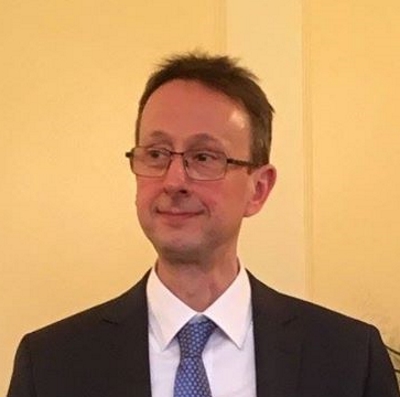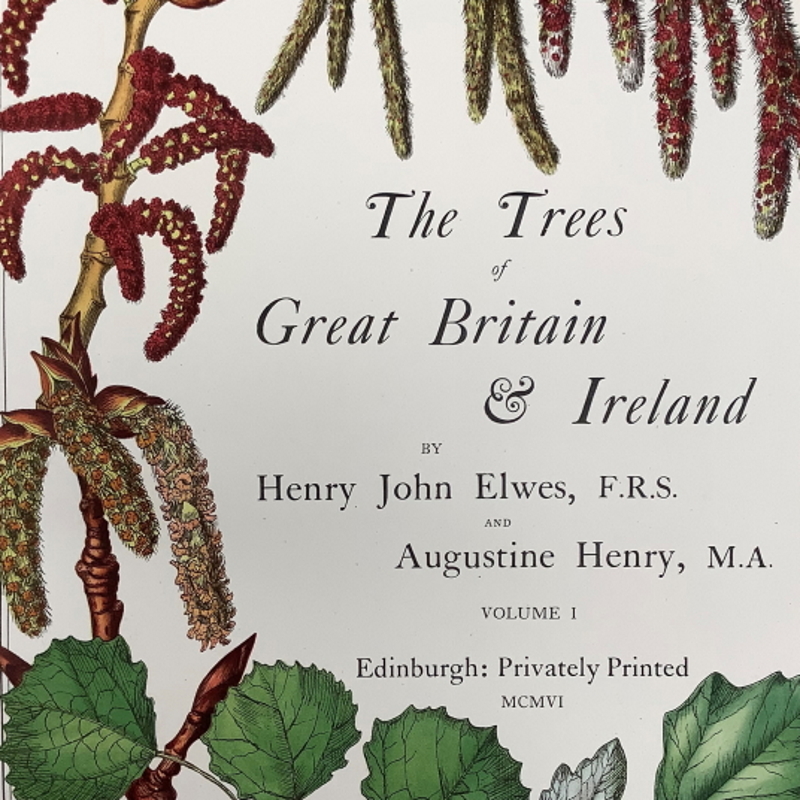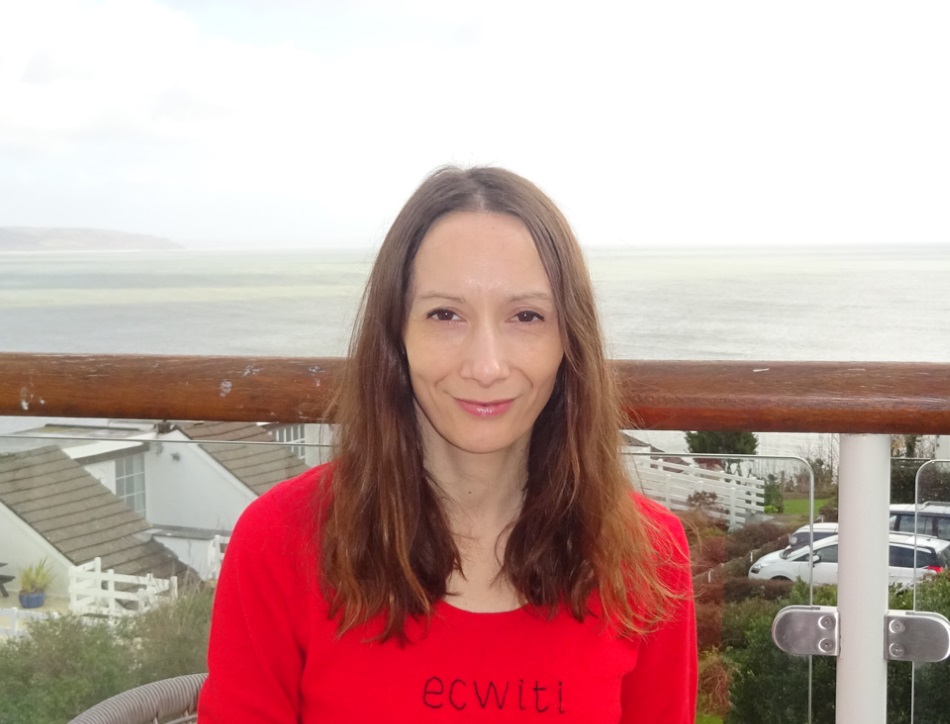To celebrate UK Disability History Month, we take a look through the collections of the Royal Society, highlighting some of our Fellows whose work has made a positive difference for people with disabilities.
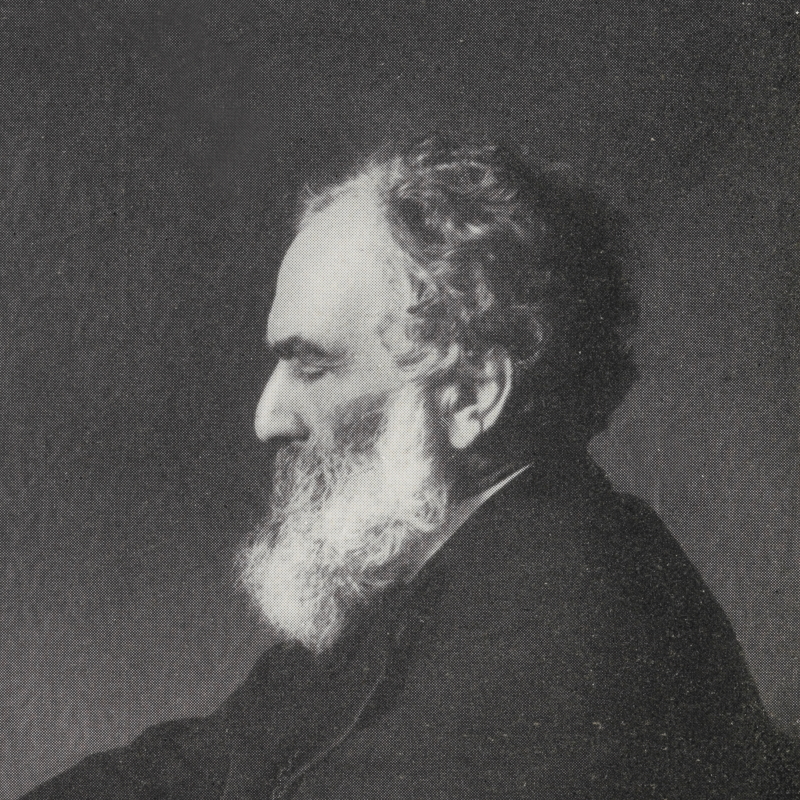
We’re currently celebrating UK Disability History Month, which runs from 18 November to 18 December 2021. Friday 3 December was also the International Day of People with Disabilities. To mark these important annual events, I thought I’d take a look through our archive and book collections, to highlight the work of Fellows who have contributed to the Royal Society's mission to champion science for the benefit of humanity.
One Fellow who immediately stands out is the barrister and mathematician Henry Martyn Taylor FRS (1842-1927). Educated at Trinity College Cambridge, he later returned to the college to take up a post as tutor of mathematics, specialising in geometry. At the age of 52, an attack of influenza was followed by total blindness, leading him (in the words of his Royal Society obituary) ‘to consider how he could best turn his special abilities to account in the service of those who were similarly afflicted.’
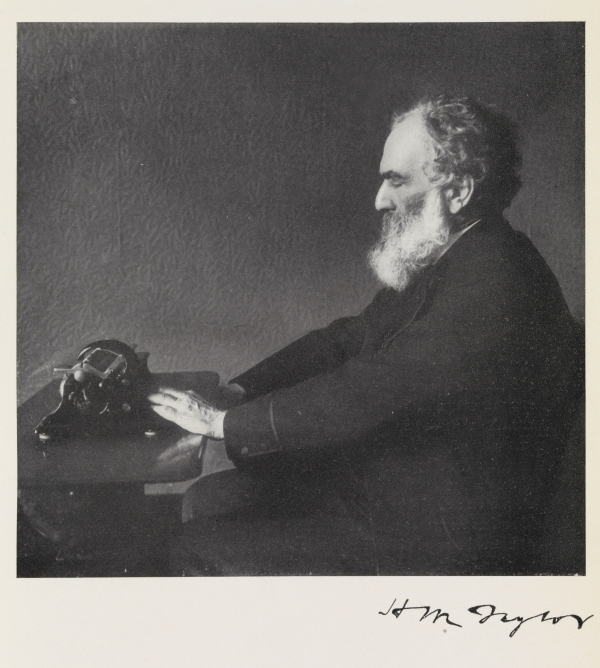
Henry Martyn Taylor FRS
To this end, Taylor taught himself to use a Braille typewriter, transcribing texts on maths, astronomy and geology and inventing a Braille mathematical notation which quickly became standard and proved of huge value in scientific education for the visually impaired. To fund his efforts, he set up the Embossed Scientific Books Fund at the Royal Society (well documented in our New Letter Books), continuing a Society connection which included his election to the Fellowship in 1898 and his demonstration of a ‘Model showing the twenty-seven lines on a cubic surface’ at a Soirée the following year – item 8 on this list of exhibits.
The homepage of the UK Disability History Month website notes that ‘many disabled people have an invisible / hidden impairment’. One of the impairments on their list is post-traumatic stress disorder (PTSD), including the form first named in World War I as ‘shell shock’. Early military reactions to this condition, and the treatment of sufferers, seem unbearably brutal and callous to modern researchers, but there were humane exceptions.
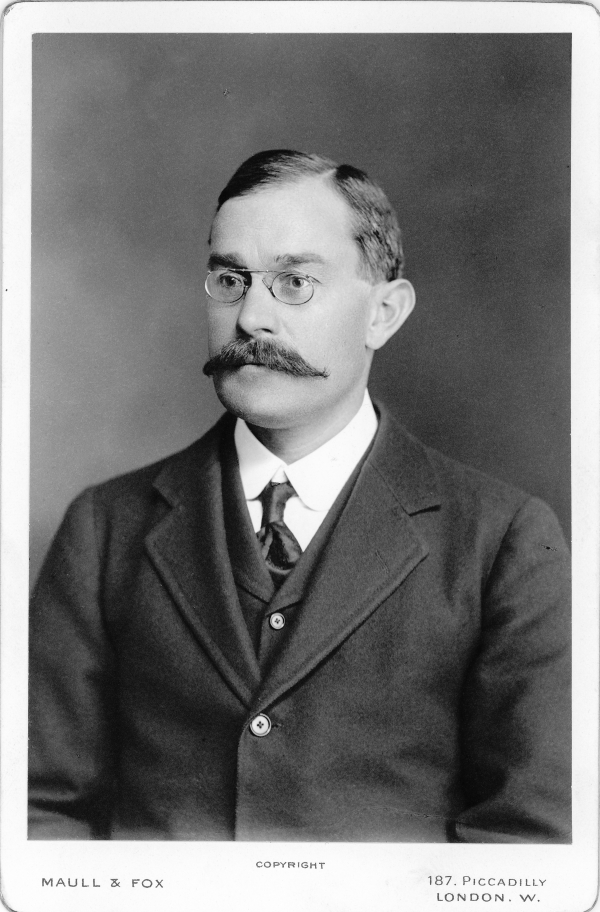
One of the best known is the story of psychiatrist W H R Rivers FRS (above), a Royal Society Royal Medal winner in 1915 and a resident psychiatrist at the Craiglockhart War Hospital near Edinburgh. Here, he became renowned for his compassionate concern for the men in his care, encouraging them to express their emotions at a time when this was far from the norm. Rivers’s relationship with his most famous patient, the poet Siegfried Sassoon, is sensitively covered by author Pat Barker in her Regeneration trilogy, which you can borrow from our Library ‘Fellows in Fiction’ shelves.
In 1836 the Reverend William Taylor FRS (1790-1870) – no relation to the aforementioned Henry Martyn Taylor, as far as I can ascertain – was elected to the Fellowship of the Royal Society while superintendent of the Wilberforce Memorial School in York, and was subsequently one of the founders of the College for the Blind Sons of Gentlemen in Worcester. He’s best known for the invention of the Taylor slate, a tactile aid for visually impaired students of mathematics which proved so valuable that it remained in use until the 1970s.
The citation on William Taylor’s election certificate commends him as the ‘author of Diagrams of Euclid for the use of the Blind - and of many other inventions of great service to persons deprived of sight’. We have a copy of his 1859 work On the education of the blind (below) in our printed collections, together with the aforementioned book of embossed Euclid diagrams, which use a concept similar to the well-known Braille notation.
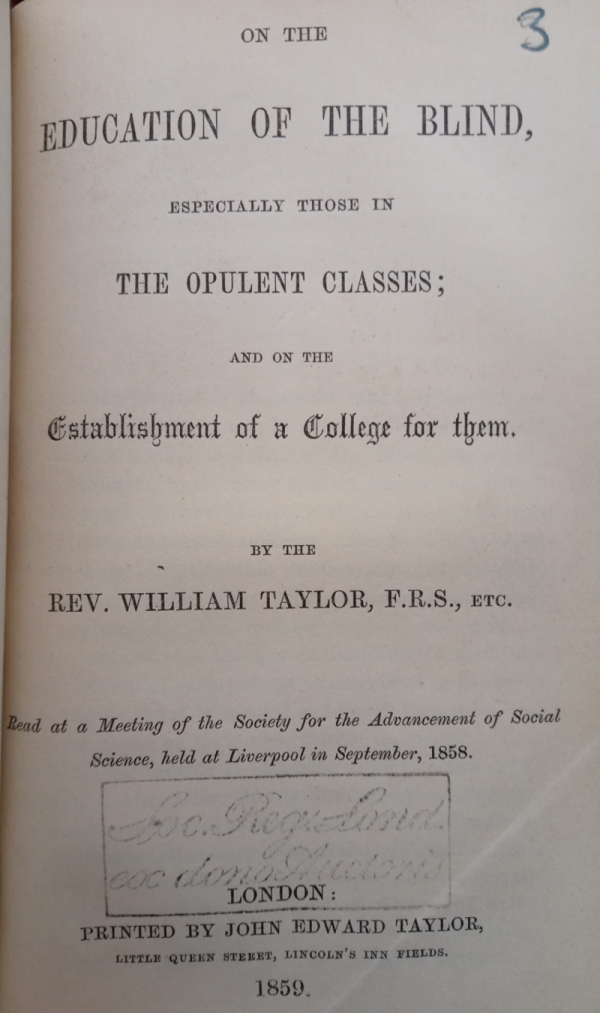
Bringing the story up to the present day, new developments in information technology – including ‘Dasher’, the tool invented by the late David MacKay FRS – are steps in the right direction for improving accessibility. However this article, featuring comments from current Foreign Member of the Royal Society and ‘Father of the Internet’ Vint Cerf, shows that much work remains to be done. Cerf mentions the need for financial incentives to be put in place to make the benefits of new technologies available to everyone; the full title of the book pictured above (‘On the education of the blind, especially those in the opulent classes…’), hints at a perennial issue in this area. In research released earlier this year, the Royal Society explored where under-representation of students and staff with disabilities in STEM is occurring and what practical action could be taken to address this.
Moving into the realm of sports and physical education, I’ve previously written on our blog about Ludwig Guttmann FRS, who founded the Paralympic Games. Prior to my research for this article, though, I was unaware of the fundraising work for accessible sport carried out by Harold ‘Tommy’ Thompson FRS, chemist and Foreign Secretary of the Royal Society 1965-1971, whose extensive papers are housed in our archives. A quick inspection of the folders covering his trusteeship of the Disabled Sports Foundation revealed files of positive letters from football clubs (signatures include Brian Clough, Bobby Robson and Sir Matt Busby) in response to Thompson’s efforts to get them involved in the 1981 UN International Year of Disabled Persons:
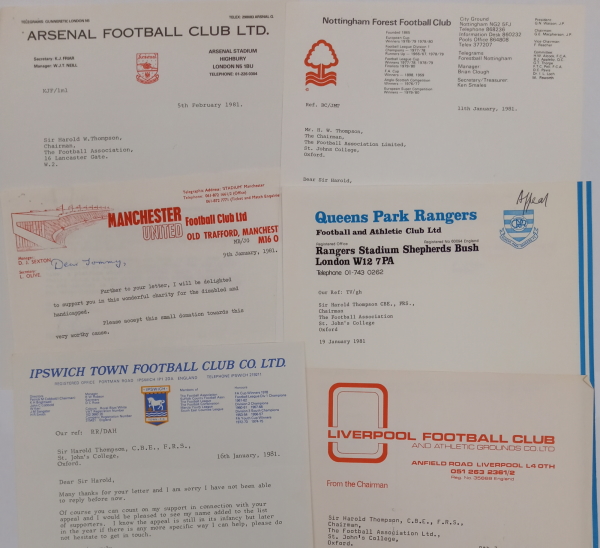
There are certainly many more stories to be uncovered in our archives, so do drop us a line if you’re interested in researching the history of scientists with disabilities, or you’re feeling inspired by researchers such as Henry Martyn Taylor, W H R Rivers and Harold Thompson.
You can discover more scientific life stories in our case studies produced for the International Day of People with Disabilities, celebrating the work of Dorothy Hodgkin FRS, John Cornforth FRS and the many scientists with disabilities, past and present, involved in advancing our understanding of the world around us.

